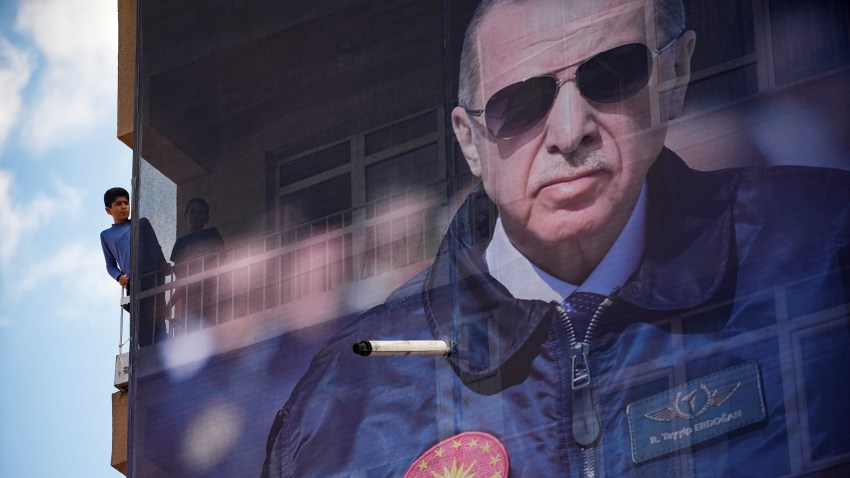European Union officials are still digesting the surprise result of last Sunday’s Turkish general election, which saw the race to determine Turkey’s next president head to a second-round runoff. While President Recep Tayyip Erdogan’s antagonism toward the EU and NATO has won him few friends in Brussels, many are also wondering if the runoff might present a case of “better the devil you know,” given that a change in government could confront the EU with difficult questions it isn’t quite ready to answer.
Polls had predicted a win in the first round for the centrist opposition candidate Kemal Kilicdaroglu, who had pledged to restore cordial relations with the EU. The forecasts suggesting Erdogan’s impending defeat seemed easy enough to believe, given his administration’s poor management of the Turkish economy and the devastating earthquakes that struck the country earlier this year. But when the final votes were counted, Kilicdaroglu’s National Alliance coalition had been trounced in the legislative contests by Erdogan’s Justice and Development Party and its partners in the Nationalist Movement Party, with the ruling coalition retaining its strong majority in parliament.
In the presidential race, Erdogan led the first round with 49.92 percent, just shy of the 50 percent threshold required to avoid a runoff. Kilicdaroglu finished with 45 percent. Many liberal Turks who favor close relations with Europe are hoping for a miracle in the runoff scheduled for May 28. But Erdogan appears on course for a victory given his better-than-expected showing in the first round and the likelihood that supporters of Sinan Ogan, the far-right theocratic candidate who finished in third place, will vote for the incumbent in the second round.

